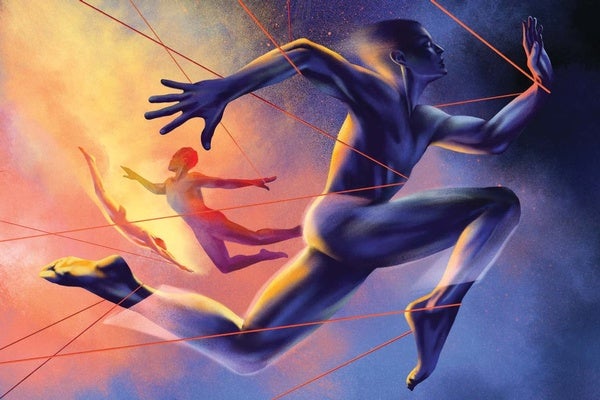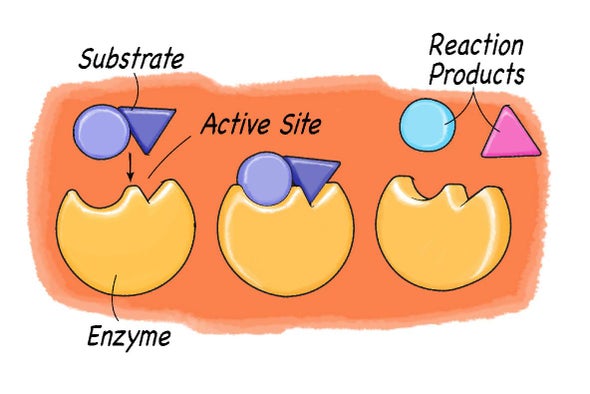 |
| January 27, 2023 |
 |
| |
| |
| |
| |
| |
| |
| |
| |
| |
| |
| |
| Astrophysics Should You Really Worry about Solar Flares? The sun is unleashing powerful outbursts that could strike Earth, but these events are far more common—and much less worrisome—than some hyped headlines suggest | | | | |
| |
FROM THE STORE
 | | | |
BRING SCIENCE HOME
 | | Exploring Enzymes |  Ready, set, react! Learn how enzymes power everything from our digestion to protecting our cells from damage--and watch them in action in this activity! Credit: George Retseck | Have you ever wondered how all the food that you eat gets digested? It is not only the acid in your stomach that breaks down your food—many little molecules in your body, called enzymes, help with that too. Enzymes are special types of proteins that speed up chemical reactions, such as the digestion of food in your stomach. In fact, there are thousands of different enzymes in your body that work around-the-clock to keep you healthy and active. In this science activity you will investigate one of these enzymes, called catalase, to find out how it helps to protect your body from damage. | |  | |
LATEST ISSUES
 |
| |
| Questions? Comments?  | |
| Download the Scientific American App |
| |
| |




